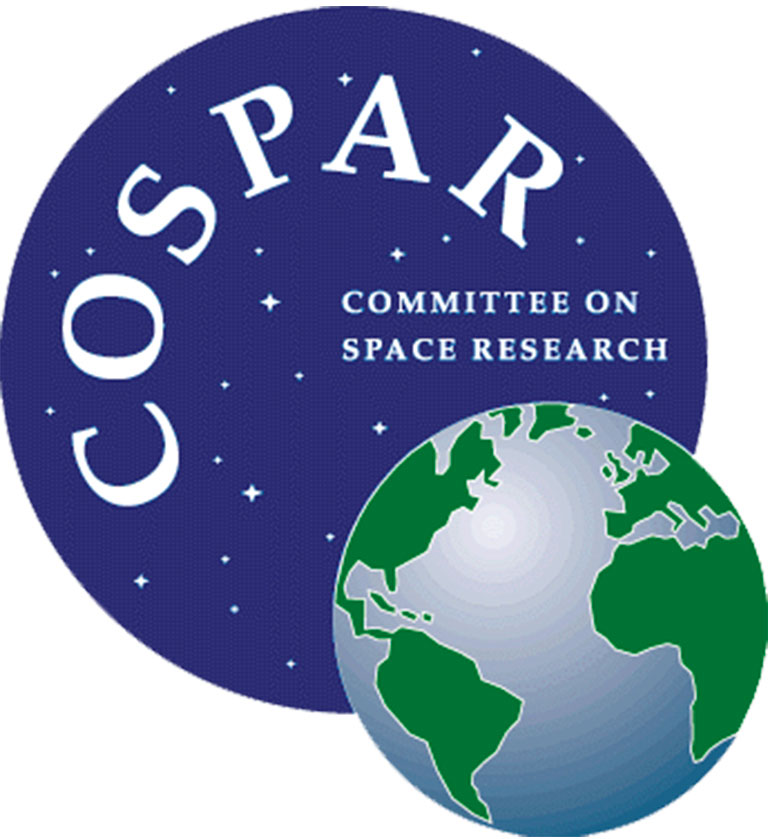COSPAR
COSPAR
 The Purpose of COSPAR, an organization of the International Science Council (ISC), is “to promote at an international level scientific research in space, with emphasis on the exchange of results, information and opinions, and to provide a forum, open to all scientists, for the discussion of problems that may affect scientific space research. The objectives of COSPAR are to be achieved through the organization of scientific assemblies, publications, or any other means.”
The Purpose of COSPAR, an organization of the International Science Council (ISC), is “to promote at an international level scientific research in space, with emphasis on the exchange of results, information and opinions, and to provide a forum, open to all scientists, for the discussion of problems that may affect scientific space research. The objectives of COSPAR are to be achieved through the organization of scientific assemblies, publications, or any other means.”
More specifically, COSPAR is well-known in the space research community for its role in promoting international cooperation and disseminating research results through :
• its biennial Scientific Assemblies ;
• a capacity building program which features training workshops during which students and young professionals, mostly from developing countries, are exposed to the most recent scientific data and analysis techniques in space-related disciplines ;
• a follow-on fellowship program
• publications, including the Committee’s flagship scientific journals Advances in Space Research and Life Sciences in Space Research
• the COSPAR Symposium, which aims to promote space research in countries with small to medium-size space infrastructure.
COSPAR members are national scientific institutions from 45 countries engaged in space research and 13 international scientific unions. Several companies and other institutional partners with an interest in space science hold Industry Partner or Associated Supporter status in COSPAR, and over 11,000 individual scientists having participated in a recent COSPAR activity are also affiliated to the Committee.
COSPAR’s scientific structure is composed of eight Scientific Commissions covering broad disciplines like Earth observations or astrophysics, 10 Panels focusing on narrower, generally more technical topics like scientific ballooning, space debris or planetary protection, and a number of Task Groups addressing matters like specific reference atmospheres.
In particular, COSPAR Scientific Commission A is dealing with space studies of the Earth’s surface, meteorology and climate.


